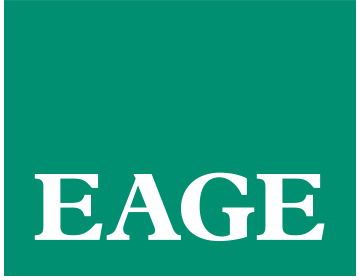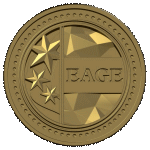
The EAGE Technical Community on Decarbonization and Energy Transition started its journey on 2019 as a network of members interested in sharing knowledge and developing skills among geoscientists and engineers working with decarbonization and energy transition technologies, on both the geo-scientific and engineering aspects of surface and subsurface decarbonization, as well as in the advancement of renewables.
Since then, the interest in the DET Community has been growing steadily, demanding the group to go one step further by branching out into five specialized groups:
1. Carbon Capture & Storage (CCS)
2. Geothermal Energy
3. Wind Energy
4. Hydrogen and Energy Storage
5. Critical Minerals
These new Technical Communities will serve as dynamic hubs where members may find an engaging environment to share knowledge and connect more effectively and fruitfully with their peers.
VOLUNTEERING OPPORTUNITIES
Whether you’re an experienced professional or an early career working on, researching on, or otherwise interested in the energy transition, there’s a place for you to contribute and make a difference.
Volunteer to join the Committees of our new Technical Communities (2024-2026 term) by expressing your interest to communities@eage.org.
"The link with what our industry does is obvious, and these sessions answer questions that everyone is asking about our work."
"This is a topic that should start to be part of the conversation more frequently. It is also interesting because it can enable the conversation about decarbonisation pathways from different sectors, industries, countries, by building a holistic view of what energy transition is and how to create a network for knowledge and experience sharing which can be translated into programmes and actions."
Participants of the DET Session at the EAGE Annual 2019
Skills for the Energy Transition
Willing to pursue a career in energy transition-related fields? Representatives from the EAGE Decarbonization and Energy Transition Communities, in collaboration with the Education Committee, have undertaken the development of a tool aimed at delineating the requisite skills for successfully navigating a career in the evolving energy landscape.
The overarching objective of the initiative is to offer a comprehensive learning path, encompassing both technical and non-technical proficiencies, thereby aiding our members in navigating their personal energy transition journeys.
In order to ensure that the insights provided by this tool align closely with the needs of our members, we would like to invite you to participate in a short survey: replies are anonymous and will help us improve the skills mapping as well as identify additional areas where geoscientists and engineers can play a role for the energy transition.
Activities
- Contributions to EAGE events, such as the EAGE Annual (Dedicated Sessions) and GET
- Local events and collaborations
- News, interviews, career advice and vacancies
Curious to know all EAGE is doing around the energy transition? In our Energy Transition Hub you can find all EAGE opportunities for learning, sharing and connecting in one place.
Resources
The EAGE Resource Evaluation Committee (REvC) also contributes to our work on the energy transition by participating in the creation and review of the CO2 Storage Resources Management System (SRMS) and its guidelines.
EAGE supports “Geoscience in Action: Advancing Sustainable Development“, a report published in Spring 2023 to map the geoscience skills to the 17 UNSDGs through detailed case studies. This resources offers a practical roadmap to illustrate how geoscientists can apply their knowledge and know-how to critical challenges.
This resource is freely-available from UNESCO and AGU.
Other questions or ideas?


